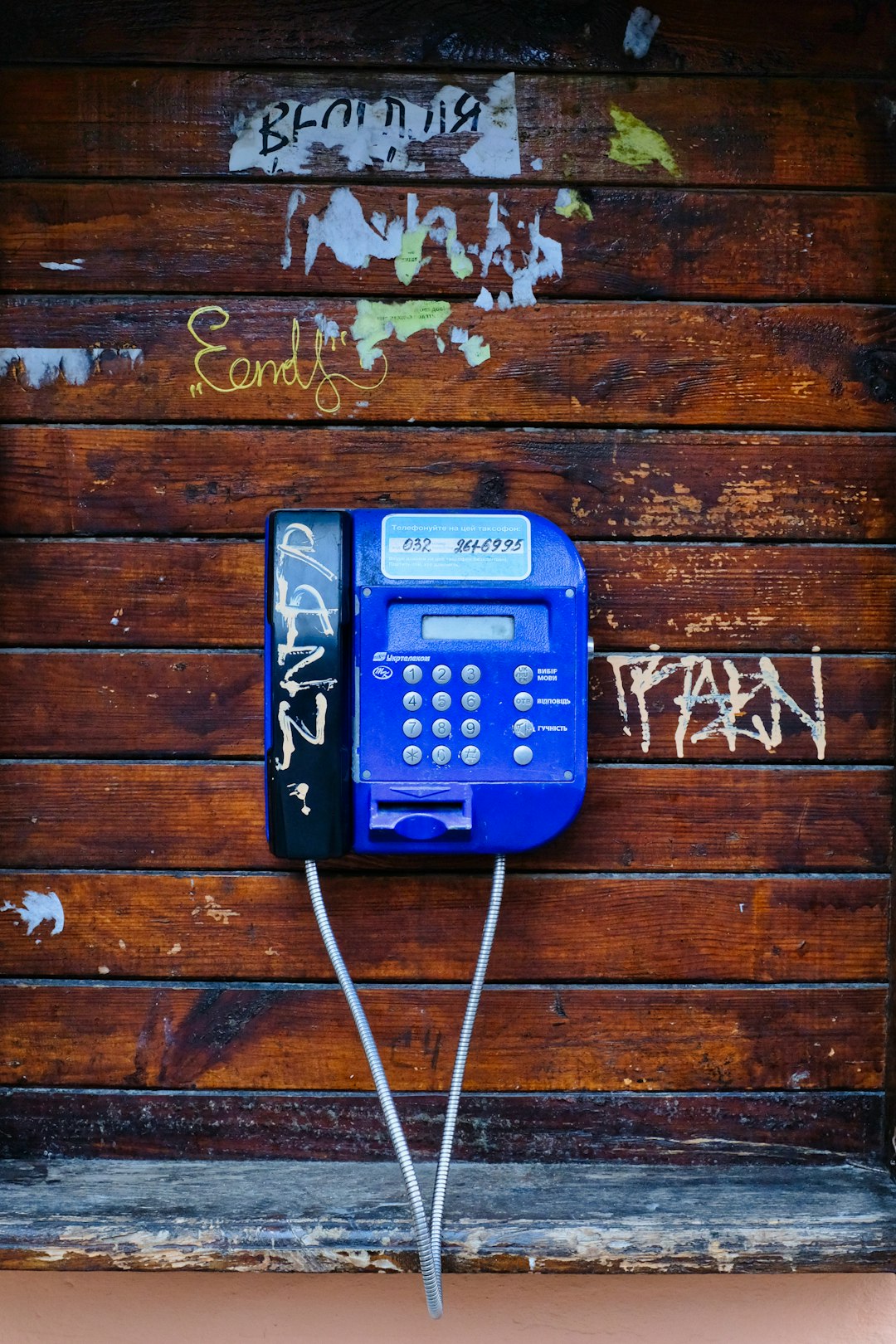Virginia's Text Message Privacy Act (TMPA) restricts business promotional texts to opt-in recipients, empowering consumers to block unwanted messages by replying "STOP." Non-compliance carries penalties up to $1,500/day and legal risks. Document spam texts, report violations to the Virginia Attorney General or consumer protection agencies, and consider legal action against offending companies. Additionally, file complaints with the FCC and inform your mobile carrier for prompt resolution, ensuring compliance with Virginia's strict spam text laws.
“Virginia’s Text Message Privacy Act (VTMPA) safeguards consumers from unwanted spam texts, offering a robust framework for personal data protection. This act addresses the growing concern over unsolicited messaging, holding businesses accountable for their communication practices.
This article explores common scenarios leading to VTMPA violations, delving into the legal implications and empowering individuals to understand their rights. We guide you through the process of identifying and reporting spam texts, ensuring your privacy is respected while navigating Virginia’s stringent spam laws.”
Understanding Virginia's Text Message Privacy Act

In Virginia, the Text Message Privacy Act (TMPA) is a state law designed to protect residents from unwanted and unauthorized text message spam. The act restricts businesses and organizations from sending promotional or advertising texts to individuals who have not agreed to receive them. It’s crucial for companies operating in Virginia to understand and comply with this legislation to avoid violations that can lead to significant penalties.
The TMPA provides consumers with the right to opt-out of receiving text messages by replying “STOP” to the sender. Once received, businesses must honor this request and cease sending further texts within 24 hours. Non-compliance includes failing to obtain proper consent, sending messages to numbers on do-not-call lists, or ignoring valid opt-out requests. Penalties for violations can range from $500 to $1,500 per day, making it essential for businesses to implement robust text message privacy measures.
Common Causes of Spam Texts and Legal Implications

Spam texts, or unsolicited bulk messages, are a common nuisance in today’s digital landscape, particularly with advancements in technology allowing for automated text messaging campaigns. In Virginia, as in many states, these spam texts often violate consumer privacy and can have serious legal implications. Common causes of spam texts include marketing strategies that rely on automatic dialing systems, where businesses send promotional messages to numbers they’ve gathered from various sources, sometimes without proper consent.
The Legal Implications for businesses caught sending spam texts in Virginia are significant due to the state’s strict regulations regarding text message privacy. The Virginia Text Message Privacy Act outlines clear guidelines, mandating explicit consent from recipients before any marketing-related text messages can be sent. Non-compliance can lead to substantial fines and legal repercussions. Consumers who receive unsolicited texts have the right to file complaints with the appropriate authorities, which can result in investigations and potential lawsuits against companies engaging in such practices.
Protecting Your Rights: What to Do in Case of Violations

If you’ve received spam texts in Virginia, your privacy rights may have been violated according to state laws. In such cases, it’s crucial to take action promptly. First, document all communications by saving text messages and noting the sender’s information. Then, contact the Virginia Attorney General’s office or a consumer protection agency to report the violation. They can provide guidance on your legal options, which may include seeking damages for harassment or invasion of privacy.
You can also register complaints with the Federal Communications Commission (FCC), which enforces federal laws against unwanted text messages. Additionally, inform your mobile carrier about the spam texts; they might be able to block similar future messages and assist in resolving the issue. Remember, knowing your rights and taking immediate steps is key to protecting yourself from further intrusions and ensuring compliance with Virginia’s strict spam text laws.






